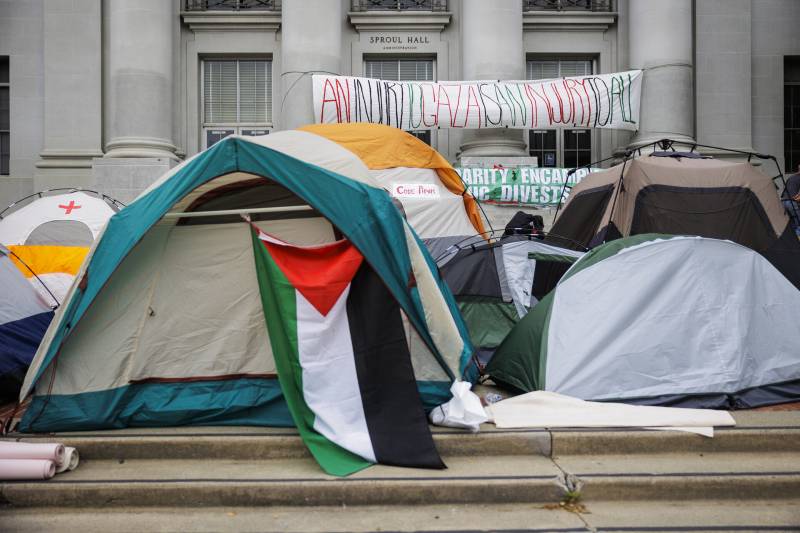What are endowments?
Endowments are the holdings and investments that institutions of higher education, foundations and some nonprofits manage as a kind of perpetual savings account. Many use the financial returns generated by those assets each year to help fund the institution’s ongoing work. Donors often give to institution’s endowments to ensure it will have resources well into the future.
Who manages the investments of an endowment?
Many schools, from the largest to the smallest, work with outside investment managers, like investment banks, hedge funds or specialized firms that have access to investing vehicles that aren’t available to retail investors, said Todd Ely, an associate professor in the School of Public Affairs at the University of Colorado Denver.
“Colleges and universities have fairly limited discretion in the actual specific investments that their endowment funds are going towards because they’ve hired these external experts to make those decisions. And sometimes those decisions are even proprietary,” Ely said, meaning the investors do not publicly share what’s in their portfolio.
A board of trustees usually manages endowments at the university, and the donors agree upon the purpose of any endowment, usually to benefit the institution. They don’t “belong” to current students, faculty or alumni but rather to the organization itself.
How difficult is it to change investments?
Georges Dyer, executive director and co-founder of the Intentional Endowments Network, said it could take time and be difficult to identify what exposure a school’s endowment might have to a specific company.
“It’s not as simple as some people think — maybe it’s just selling some stocks at a certain company. That said, I think anything is possible in today’s financial services industry,” Dyer said.
His network helps connect organizations with endowments to learn from each other about how to align their endowments with their mission and to make their investments sustainable and responsible, for example, in the context of climate change. The network also recommends that transparency be one principle of sustainable and mission-driven investing.
The calls for divestment from fossil fuel companies, which started in 2011, make a moral argument but also a financial one, he said, which helps gain the support of the trustees and boards that direct university investments.
“The tie back to the investment, and the financial performance and the investment performance case, is not always very clear,” Dyer said of calls for divestment based on geopolitical issues.
The protesters’ demands also raise questions about what a university’s priorities and responsibilities are, Ely said.
“Are you trying to maximize returns or promote a social or political agenda?” Ely asked. “And for those actually managing the endowments on a day-to-day basis, they are focused on risk and returns until they’re directed otherwise by those with governance authority for the college or university.”
Have any schools made changes?
Despite the pressure that student protesters from California to Columbia University in New York City are putting on the leadership of their schools, Dyer of the Intentional Endowments Network said he has not heard much from their member schools and institutions about divestment in this context.
Fierce disagreement about support or opposition to the war within campus communities is another reason schools have likely not taken action. Many on campuses hear calls for divestment from Israel or an end to the war as an attack on Jewish people more broadly or as glossing over the deaths and pain caused by Hamas’ attack on Oct. 7, which killed 1,200 people.
Jennie C. Stephens, a professor at Northeastern University’s policy school and a climate justice fellow at Harvard-Radcliffe, has written a forthcoming book about the movement for climate justice at universities, including calls for divestment from fossil fuels. She said the initial reaction from universities when called on to divest from fossil fuels was also to say that their funds were co-mingled with other investors, managed by third parties or that they didn’t know what they were invested in. Eventually, though, those schools that committed to divesting from fossil fuels figured out how to do it.
“These elite institutions with big endowments have a lot of power, and they concentrate wealth and power through their endowments,” Stephens said. “And they do have control over how that money is invested.”
Do trustees have to listen to student demands?
No. However, divestment campaigns have succeeded by using a variety of tactics.
